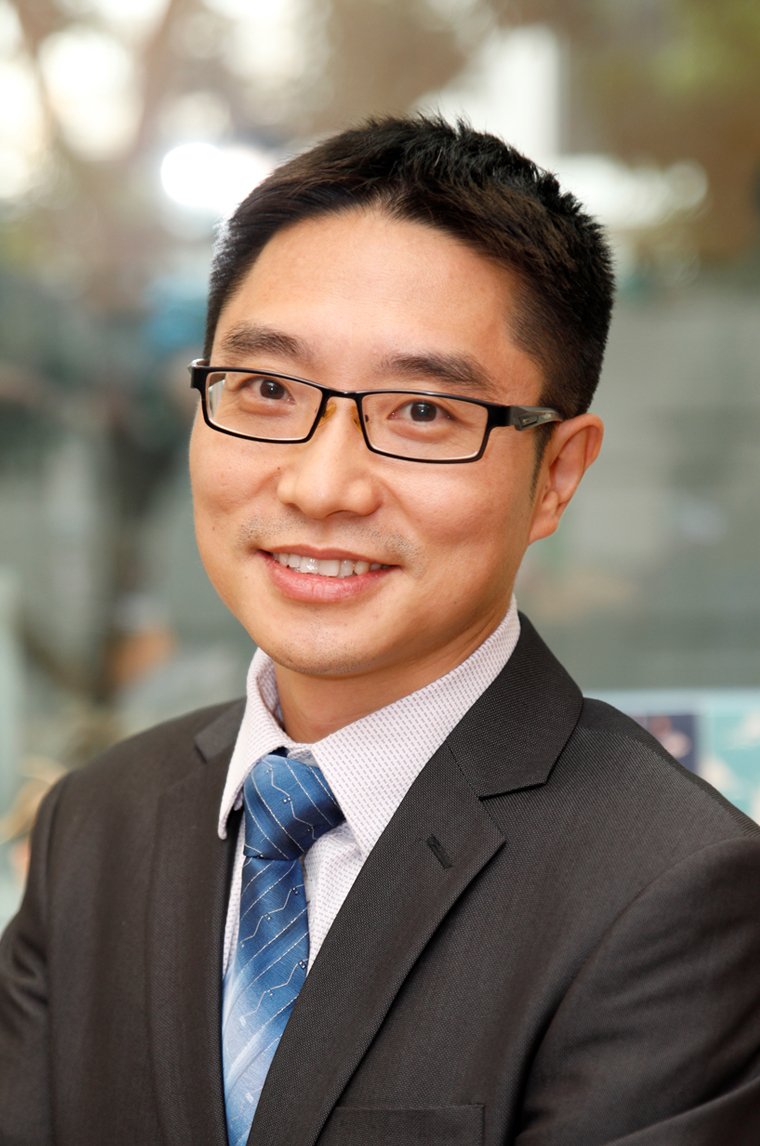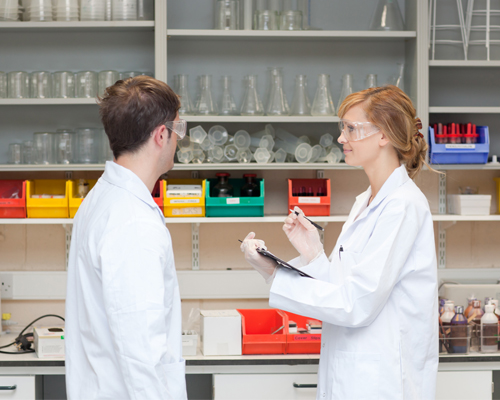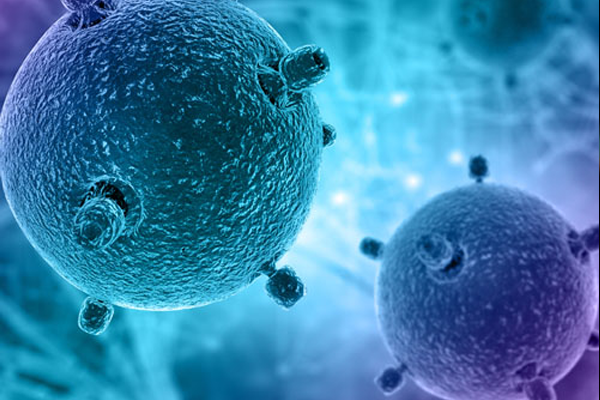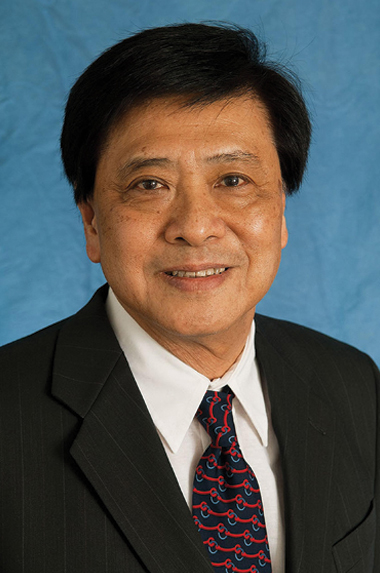About
We Create Awesome Stuff
WIL@NUS2 (WIL@NUS Phase 2 Corporate Laboratory) represents a collaborative research initiative between the National University of Singapore (NUS) and Wilmar International Limited, located at the Yong Loo Lin School of Medicine, NUS. This phase builds upon the successful achievements of Phase 1 of the WIL@NUS Corporate Laboratory. During Phase 1, the partnership effectively addressed significant commercial challenges identified by Wilmar, notably progressing oleochemical projects to pilot-scale for commercial assessment. The development of ready-to-eat meals specifically designed for patients with metabolic conditions such as diabetes and non-alcoholic fatty liver disease has led to ongoing commercialization efforts.
Capitalizing on the achievements of Phase 1, Wilmar is dedicated to advancing innovative technologies for the sustainable bioproduction of industrial enzymes and high-value biochemicals focused on fatty acids and lipids derived from Wilmar’s feedstocks. As part of this commitment, WIL@NUS2 will be established at NUS. This phase will concentrate on Sustainable Oleobiochemistry, which involves reimagining the biomanufacturing of oleochemical-related compounds through pioneering biochemistry and engineering biology, with a focus on exotic fatty acids, lipids, and their derivatives.
WIL@NUS2 aims to surpass the achievements of Phase 1 by exploring the vast potential of sustainable oleobiochemistry. This will contribute to a bioeconomy driven by previously scarce exotic oils and fats, ultimately replacing unsustainable oleochemical production methods with eco-friendlier solutions. In partnership with the Agency for Science, Technology and Research (A*STAR) through its A*STAR Skin Research Labs (A*SRL), the applications for functional lipids produced through WIL@NUS2 for human health will be implemented.
WIL@NUS2 is set to fortify Singapore’s future through three main strategies: 1) NUS will continue to push the boundaries of research excellence through innovation; 2) WIL@NUS2 will support Wilmar in maintaining its leadership in sustainable oleochemical manufacturing; 3) Sustainable Oleobiochemistry will act as a model for reducing Singapore’s dependency on petrochemicals, heralding the advent of Jurong Island 2.0 within the emerging Bioeconomy.
Wilmar international limited
Founded in 1991 and headquartered in Singapore, Wilmar International Limited is a global leader in the manufacturing and processing of food ingredients, particularly oleochemicals. As Asia’s preeminent agribusiness group, its extensive business activities include oil palm cultivation, edible oils refining, specialty fats and oleochemicals production, sugar milling and refining, flour and rice milling as well as biodiesel and fertilizer production. Besides having an integrated agribusiness model that oversees the cultivation, processing, merchandising and manufacturing of a wide range of agricultural commodities, Wilmar also conducts R&D in numerous countries including Singapore, China and Indonesia.
National university of singapore
As one of Asia’s leading university, NUS is recognized for its breadth of academic programmes and impactful research. Taking an integrated and multidisciplinary approach to research, NUS works with partners from industry, government and academia to address crucial real-world issues. A key hub for health and biomedical sciences research with a focus on Asian populations, NUS has strong capabilities in food and nutritional sciences as well as translational medicine.
A*STAR Skin Research Labs
The A*STAR Skin Research Labs (A*SRL), part of the Agency for Science, Technology and Research (A*STAR), conducts interdisciplinary skin research aimed at driving innovation and improving skin health with economic and societal benefits. Through extensive collaborations with the public sector, medical community, industry, and research institutes, ASRL brings together biologists, engineers, and clinicians to address clinically significant challenges in skin research, translating scientific discoveries into practical applications for healthcare and industry.
WIL@NUS2 Corporate Laboratory aims to leverage the expertise of Wilmar, NUS and A*SRL to:
DEVELOP R&D PLATFORMS
Develop efficient and cost-effective methods for massive parallel screening of industrial enzymes and microbial hosts.
ESTABLISH METHODS
Develop efficient and cost-effective, bio-based methods to produce industrial enzymes, exotic fatty acids and specialty chemicals.
APPLY FUNCTIONAL OLEOCHEMICALS
Utilising functional oleochemicals produced through greener methods to enhance human health.
Safety Declaration
Declaration of Commitment to Safety
I am dedicated to make Safety a priority and will adhere to the established safety practices and requirements. I am committed to upholding the highest standards of occupational safety and health in the workplace.
Safety Resources
Brother’s Keeper
Team
Who We Are
Our success depends on the strength of our team.

Dr Ling Hua
Co-Lab Director, WIL@NUS
We want to improve
planetary health
WIL@NUS2 is dedicated to enhancing planetary health by developing sustainable bioproduction methods for industrial enzymes and valuable derivatives of oleochemicals. Our mission includes creating eco-friendly alternatives to unsustainable chemical production methods by leveraging innovative biochemistry and engineering biology. Ultimately, WIL@NUS2 aims to establish efficient and cost-effective bio-based methods for producing industrial enzymes, high-value exotic fatty acids, specialty chemicals, and functional lipids that offer health benefits.

Who We Are
WIL@NUS2 will give rise to research outcomes with impact that are far-reaching and cut across many industry sectors.
WIL is a global leader in the processing and merchandising of food ingredients and food products and it is also a world-leading oleochemicals company. NUS is a globally leading university, with deep expertise in health and biomedical sciences research, including in the areas of ageing, biomedical sciences and translational medicine, and engineering of microbes to produce enzymes and biochemicals.
Research
Our Projects
Wilmar is committed to further advancing disruptive technologies for the sustainable bioproduction of industrial enzymes and fatty acids / lipids-centred high-value biochemicals from Wilmar’s industrial feedstocks. To this end, WIL@NUS2 will focus on Sustainable Oleobiochemistry, which reimagines the biomanufacturing of oleochemical-relevant compounds through innovative biochemistry and engineering biology, centred on exotic fatty acids, lipids, and their derivatives.

Enzymes
Enzymes
Project
Description
Building on the eco-friendly biomanufacturing approaches established in WIL@NUS Phase 1, such as enzyme and engineered microbe utilization, WIL@NUS2 aims to enhance the value of oleobiomanufacturing of exotic, functionally-enriched lipids and fatty acid-derived specialty chemicals.
WIL@NUS2 will facilitate the sustainable production of high-value functional products and specialty chemicals using engineered microbes. These serve as fundamental components for diverse downstream applications, including consumer goods, nutraceuticals, therapeutics, and industrial manufacturing. These efforts will lead to the creation of oleobiochemicals with distinctive physiochemical properties, enabling the development of new product ranges addressing unmet market demands.

Enzymes
Enzymes
Project
Description
Project
Description
Building on the eco-friendly biomanufacturing approaches established in WIL@NUS Phase 1, such as enzyme and engineered microbe utilization, WIL@NUS2 aims to enhance the value of oleobiomanufacturing of exotic, functionally-enriched lipids and fatty acid-derived specialty chemicals.
WIL@NUS2 will facilitate the sustainable production of high-value functional products and specialty chemicals using engineered microbes. These serve as fundamental components for diverse downstream applications, including consumer goods, nutraceuticals, therapeutics, and industrial manufacturing. These efforts will lead to the creation of oleobiochemicals with distinctive physiochemical properties, enabling the development of new product ranges addressing unmet market demands.

Biochemicals
Biochemicals
Project
Description
Building on the eco-friendly biomanufacturing approaches established in WIL@NUS Phase 1, such as enzyme and engineered microbe utilization, WIL@NUS2 aims to enhance the value of oleobiomanufacturing of exotic, functionally-enriched lipids and fatty acid-derived specialty chemicals.
WIL@NUS2 will facilitate the sustainable production of high-value functional products and specialty chemicals using engineered microbes. These serve as fundamental components for diverse downstream applications, including consumer goods, nutraceuticals, therapeutics, and industrial manufacturing. These efforts will lead to the creation of oleobiochemicals with distinctive physiochemical properties, enabling the development of new product ranges addressing unmet market demands.

Biochemicals
Biochemicals
Project
Description
Building on the eco-friendly biomanufacturing approaches established in WIL@NUS Phase 1, such as enzyme and engineered microbe utilization, WIL@NUS2 aims to enhance the value of oleobiomanufacturing of exotic, functionally-enriched lipids and fatty acid-derived specialty chemicals.
WIL@NUS2 will facilitate the sustainable production of high-value functional products and specialty chemicals using engineered microbes. These serve as fundamental components for diverse downstream applications, including consumer goods, nutraceuticals, therapeutics, and industrial manufacturing. These efforts will lead to the creation of oleobiochemicals with distinctive physiochemical properties, enabling the development of new product ranges addressing unmet market demands.

Ultra-High-Throughput Platform
Ultra-High-Throughput Platform
Project
Description
To efficiently isolate desirable enzymes and strains, we plan to develop an ultra-high-throughput microfluidic-based platform capable of screening large libraries of enzymes and strains. Existing high-throughput screening workflows do exist for these purposes, but their efficiency is insufficient for thoroughly screening variants in extensive libraries, thus impeding the discovery of superior mutant enzymes and microbes.
WIL@NUS2 projects will focus on discovering novel enzymes and variants with high activity and specificity, as well as identifying microbes and mutant strains suitable as production hosts for target compounds. A substantial number of gene candidates will be synthesized and assessed to select enzymes with desired characteristics. Additionally, a wide array of microbes, potentially serving as feasible production hosts, will be evaluated to identify highly productive strains. Mutant libraries of these enzymes and strain candidates will be developed to generate superior variants. To accelerate the screening of this large number of enzymes and strains and meet the demands of various WIL@NUS2 projects, the ultra-high-throughput microfluidic-based platform will be utilized.

Ultra-High-Throughput Platform
Ultra-High-Throughput Platform
Project
Description
To efficiently isolate desirable enzymes and strains, we plan to develop an ultra-high-throughput microfluidic-based platform capable of screening large libraries of enzymes and strains. Existing high-throughput screening workflows do exist for these purposes, but their efficiency is insufficient for thoroughly screening variants in extensive libraries, thus impeding the discovery of superior mutant enzymes and microbes.
WIL@NUS2 projects will focus on discovering novel enzymes and variants with high activity and specificity, as well as identifying microbes and mutant strains suitable as production hosts for target compounds. A substantial number of gene candidates will be synthesized and assessed to select enzymes with desired characteristics. Additionally, a wide array of microbes, potentially serving as feasible production hosts, will be evaluated to identify highly productive strains. Mutant libraries of these enzymes and strain candidates will be developed to generate superior variants. To accelerate the screening of this large number of enzymes and strains and meet the demands of various WIL@NUS2 projects, the ultra-high-throughput microfluidic-based platform will be utilized.

Human Health
Human Health
Project
Description
WIL@NUS2 will test functional lipids in skin models to study their effects on skin health. Exotic fatty acids will be evaluated on basic skin cells to find safe doses. Promising compounds will undergo further tests for cell growth, movement, and response to inflammation. Successful materials will advance to more complex skin models to assess their impact on skin structure and function. Ultimately, these efforts will accelerate the discovery of applications for exotic fatty acids produced through WIL@NUS2.

Human Health
Human Health
Project
Description
WIL@NUS2 will test functional lipids in skin models to study their effects on skin health. Exotic fatty acids will be evaluated on basic skin cells to find safe doses. Promising compounds will undergo further tests for cell growth, movement, and response to inflammation. Successful materials will advance to more complex skin models to assess their impact on skin structure and function. Ultimately, these efforts will accelerate the discovery of applications for exotic fatty acids produced through WIL@NUS2.
Contact
Keep In Touch
Tel.: +65 6601 6013
National University of Singapore,
Centre for Translational Medicine,
MD6, 14 Medical Drive, #10-01,
Singapore, 117599




